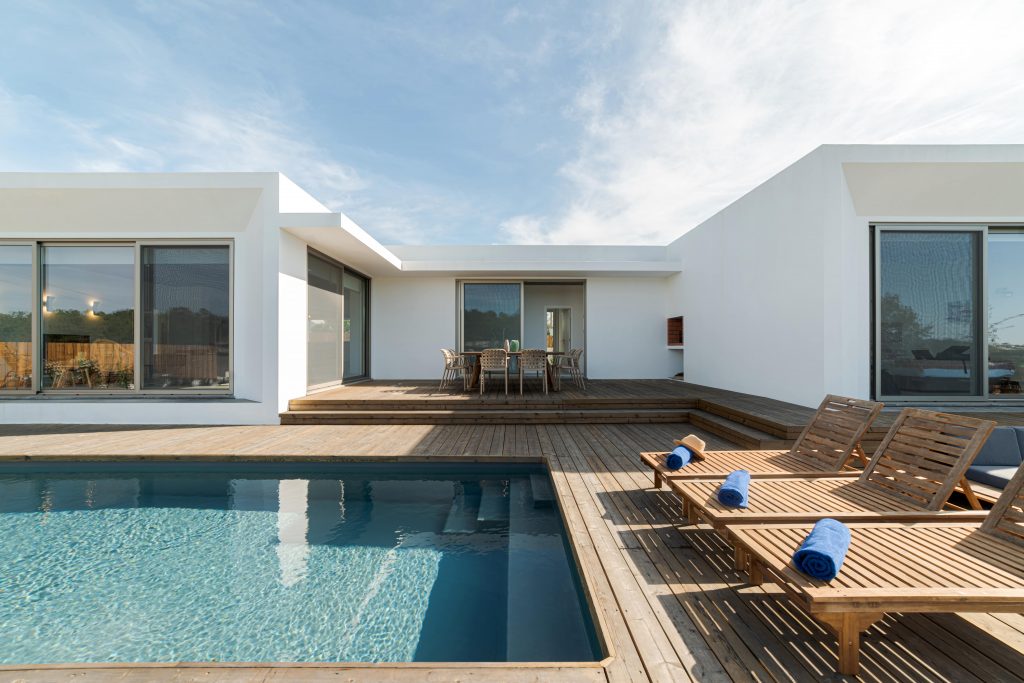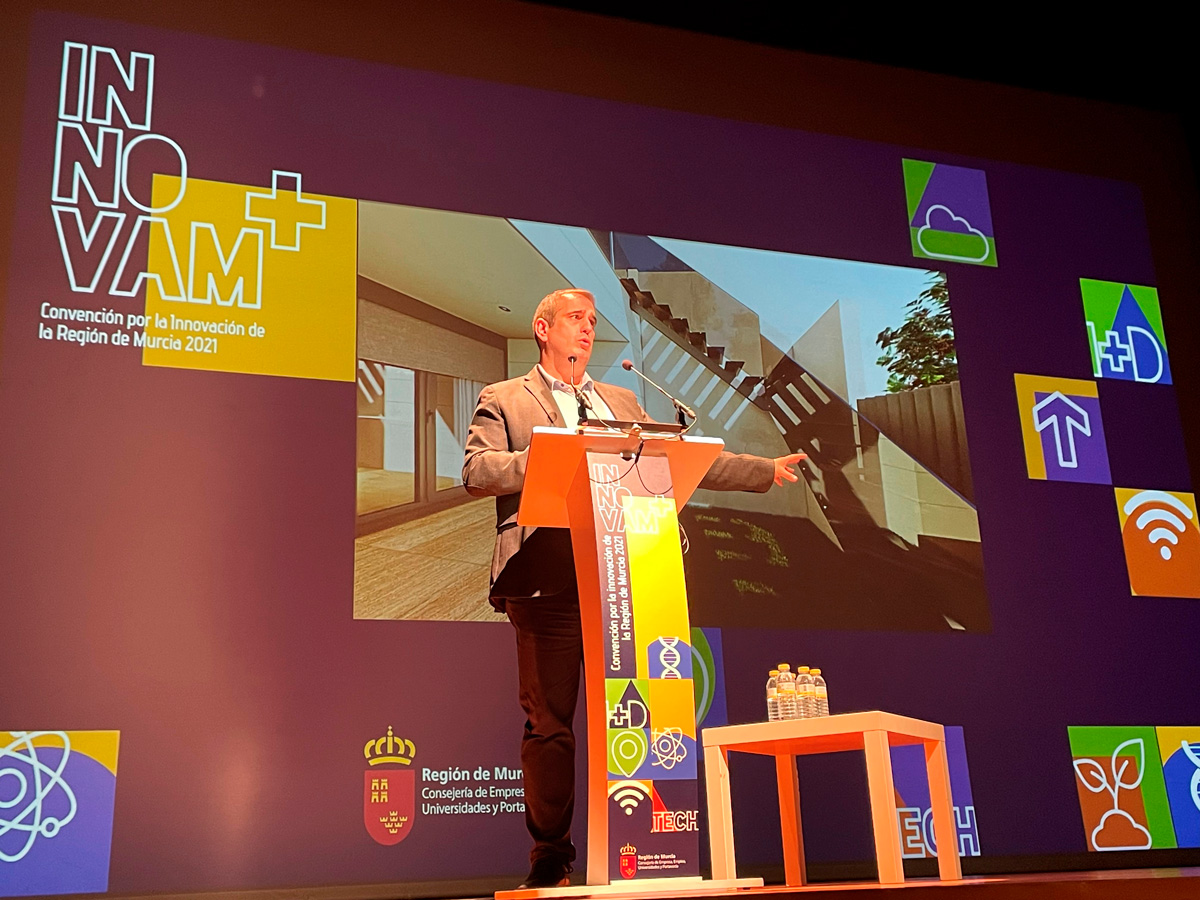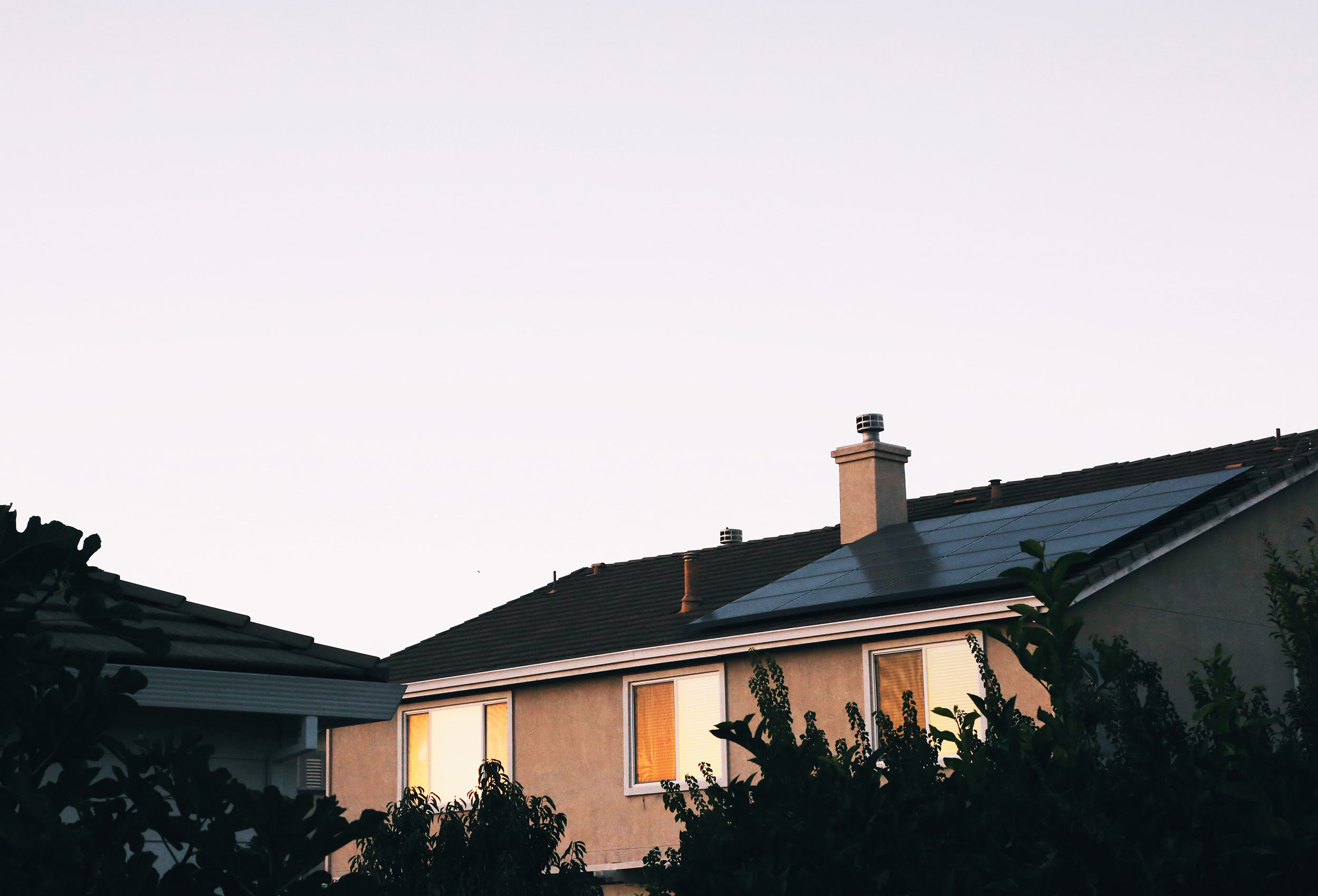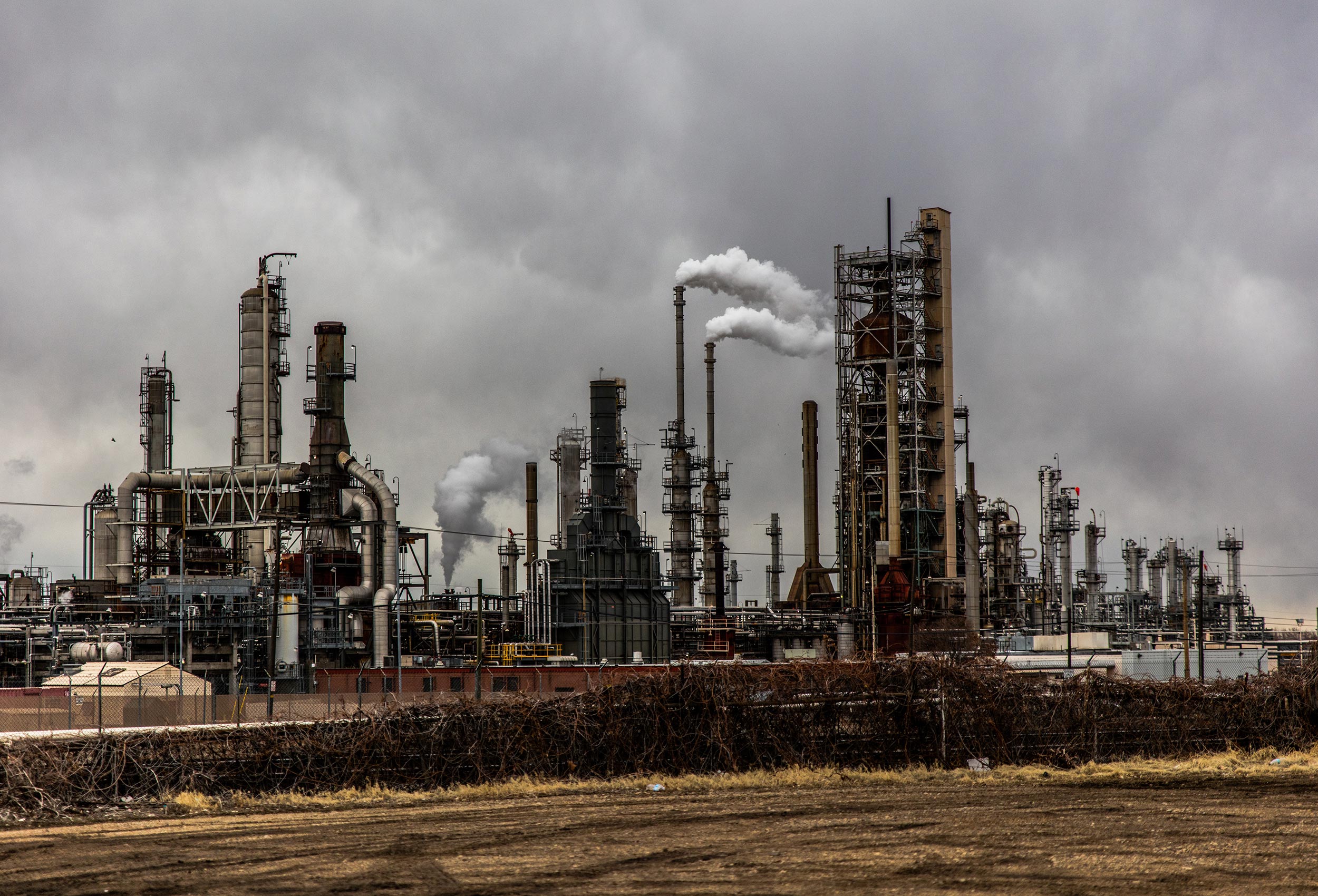This time in Vivo Sustainable Homes we’re going to talk about the PASSIVHAUS concept. This is a concept that has been growing over the years. It takes into account our loved ones’ health and also care for the environment. Let’s discover the concept of a “passive house” and the main benefits of this kind of building.
The PASSIVHAUS concept
When we talk of a PASSIVHAUS, we’re referring to a type of home created to maintain ideal ambient conditions inside. These ideal conditions help us save energy compared to a home built using conventional techniques and standards. We’re talking about energy savings that can be over 70% of our energy bill, without a doubt a huge saving, and more so when the energy prices have been varying so much lately.
They are constructions that have special thermal insulation optimised in their outer walls and following standards on the inner ones, as well as using mechanical ventilation with high-quality windows and doors that enable the thermal insulation to be perfected.
So, the term PASSIVHAUS doesn’t only refer to a kind of home, but also an efficient construction standard when we are talking in terms of energy. Even so, it is not only about saving in our energy bills, but also about caring for the comfort and health of the people living in the home.
The concept is used internationally and is one of the latest generations of construction standards, studied down to the last millimetre, continuously analysing and giving unique results as soon as they are introduced and used.
The main aim of a passive house or PASSIVHAUS is to achieve unique comfort within a space. Everything is related to low energy consumption, making the most of natural energy and light. In fact, a house’s heating and cooling needs can be completely met thanks to the PASSIVHAUS concept. Moreover, the use of renewable energies in addition to the construction of passive houses also helps care for the environment.
Five main ideas about passive houses
In order to understand the PASSIVHAUS certificate, we have to take into account five basic principles:
- Thermal insulation is one of the main factors to take into account when building this kind of home.
- The windows (normally double- or triple-glazed) and doors (built with fine, quality carpentry) must have a thermal transmittance that adapts to the type of climate to achieve the same temperature whether in winter or summer.
- It is important to take into account thermal bridges and plan the construction of a building following the standards of passive houses, always making an effort to reduce them to a minimum. Thermal bridges are the points in a building’s envelope where thermal resistance changes considerably; in other words, where heat or cold is transmitted more easily.
- Likewise, a passive house’s air-tightness is very important. We have to achieve the utmost air-tightness for the home as regards air flows. Thus, we can prevent problems of humidity, we’ll have better noise insulation and we will improve the quality of life within our home
- The work of mechanical ventilation is essential, since it is responsible for ensuring that there is quality air indoors, which is therefore not harmful to our health. The lower the infiltration of draughts of unwanted air, the better the quality of the air and the work of thermal insulation. This is part of the PASSIVHAUS concept that links all the previous points, in terms of the type of building and the materials chosen.
As we can see, it is a revolutionary concept as regards building construction. At Vivo Sustainable Homes, we work with the best PASSIVHAUS certifications and standards. We’d like to help improve your quality of life and we make an effort to provide the best in sustainable homes, so we invite you to get in touch with us to discover more about passive houses and the PASSIVHAUS concept.
Would you also like to discover the benefits of a passive house or PASSIVHAUS? Here you can read everything about the benefits of a PASSIVHAUS home.






